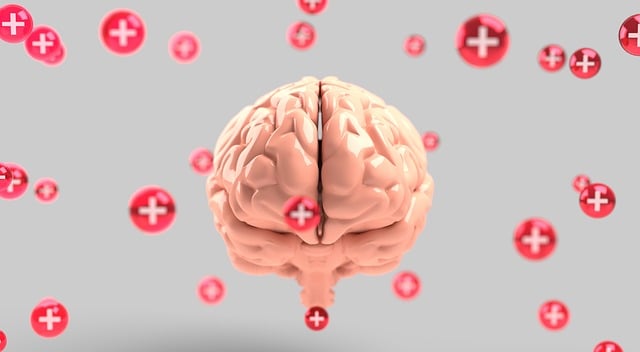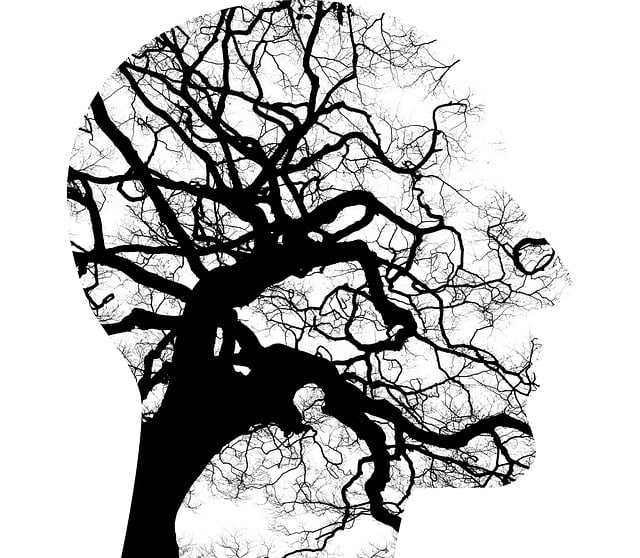Depression, affecting millions globally, is a complex mental health condition requiring early recognition and professional intervention. Key symptoms include changes in appetite, sleep disturbances, fatigue, and suicidal ideation. Littleton Mental Health Evaluations emphasizes understanding individual risk factors and promoting lifestyle changes like regular exercise and balanced diets for prevention. Therapy, including cognitive-behavioral therapy (CBT) and interpersonal therapy, plays a vital role in managing symptoms, building resilience, and fostering long-term mental health stability through coping strategies and social connections. Access to Littleton Mental Health Evaluations and personalized therapy ensures individuals receive the support needed to combat depression effectively.
Depression is a prevalent yet treatable condition, and preventing it should be a priority for anyone seeking optimal mental well-being. This article explores comprehensive strategies to combat depression, from recognizing early symptoms to adopting lifestyle changes that promote resilience. We delve into the power of therapy, highlighting effective approaches, and emphasize the importance of building a supportive network. Key topics include understanding risk factors, making positive life adjustments, and accessing essential resources like Littleton Mental Health Evaluations for tailored therapy recommendations.
- Understanding Depression: Recognizing Symptoms and Risk Factors
- Lifestyle Changes for Better Mental Well-being
- The Role of Therapy: Effective Approaches for Depression Prevention
- Building a Support Network: Social Connections and Littleton Mental Health Evaluations
Understanding Depression: Recognizing Symptoms and Risk Factors

Depression is a complex mental health condition that impacts millions worldwide, characterized by persistent feelings of sadness, loss of interest in activities once enjoyed, and a range of physical and emotional symptoms. Recognizing depression early on is crucial for effective prevention and treatment. Individuals may experience different symptoms, but common signs include changes in appetite or sleep patterns, fatigue, difficulty concentrating, feelings of worthlessness or guilt, and recurrent thoughts of death or suicide.
Understanding one’s risk factors for depression is an essential step in prevention. These can include genetic predisposition, past traumatic experiences, chronic stress, significant life events like loss or major life changes, and certain medical conditions. In Littleton, mental health evaluations play a vital role in identifying these risks. Through therapy and comprehensive assessments, individuals can learn to recognize early warning signs, develop coping strategies, and build resilience, thereby enhancing their ability to manage and prevent depressive episodes, especially with the support of professional planning for mental health risk management.
Lifestyle Changes for Better Mental Well-being

Depression prevention often begins with adopting healthier lifestyle habits. Regular physical activity and a balanced diet can significantly impact mental well-being. Incorporating daily exercise, such as walking or yoga, releases endorphins that boost mood and reduce stress. Additionally, feeding your body nutritious foods ensures essential vitamins and minerals support optimal brain function.
A key component of preventing depression is developing a strong self-care routine centered around the Mind Over Matter principles. This may include practicing mindfulness meditation, engaging in hobbies, maintaining social connections, and seeking professional help when needed. In Littleton, access to mental health evaluations and therapy ensures individuals can receive personalized support for their emotional healing processes.
The Role of Therapy: Effective Approaches for Depression Prevention

Depression is a complex condition that often requires professional intervention for effective prevention and treatment. Therapy plays a pivotal role in equipping individuals with the tools to manage and prevent depressive episodes. Evidence-based therapeutic approaches, such as cognitive-behavioral therapy (CBT) and interpersonal therapy, have proven successful in identifying and modifying negative thought patterns and behaviors associated with depression.
In Littleton, mental health evaluations and personalized therapy are accessible resources for those seeking prevention strategies. Therapists employ various techniques to enhance emotional well-being, including stress management workshops within the organization, cultural competency training for healthcare providers to address diverse populations’ unique needs, and resilience-building exercises. These comprehensive approaches not only target symptoms but also foster long-term mental health stability.
Building a Support Network: Social Connections and Littleton Mental Health Evaluations

Building a strong support network is a vital strategy in preventing and managing depression. Social connections play a crucial role in our emotional well-being. Surrounding yourself with understanding and supportive individuals can provide a safe space to express feelings, seek comfort, and receive encouragement during challenging times. This could include reaching out to family, friends, or even joining community groups where you can form meaningful bonds and share experiences.
Littleton Mental Health Evaluations offer an opportunity for individuals to assess their emotional state and gain valuable insights into potential triggers or underlying issues contributing to feelings of depression. Therapy, a powerful tool suggested by Littleton Mental Health Evaluations, involves exploring these issues in a safe, non-judgmental environment. Through therapy, one can develop effective coping mechanisms, enhance positive thinking, and build empathy for oneself and others, all of which are essential in promoting emotional well-being and preventing future depressive episodes.
Preventing depression involves a multifaceted approach, from understanding its symptoms and risk factors to adopting positive lifestyle changes. Incorporating therapy, building a strong support network, and seeking professional help when needed can significantly enhance mental well-being. For those in the Littleton area, accessing local mental health evaluations and therapy services offers specialized care tailored to individual needs. By combining these strategies, individuals can effectively navigate and overcome depression, fostering a healthier and more resilient mindset.










